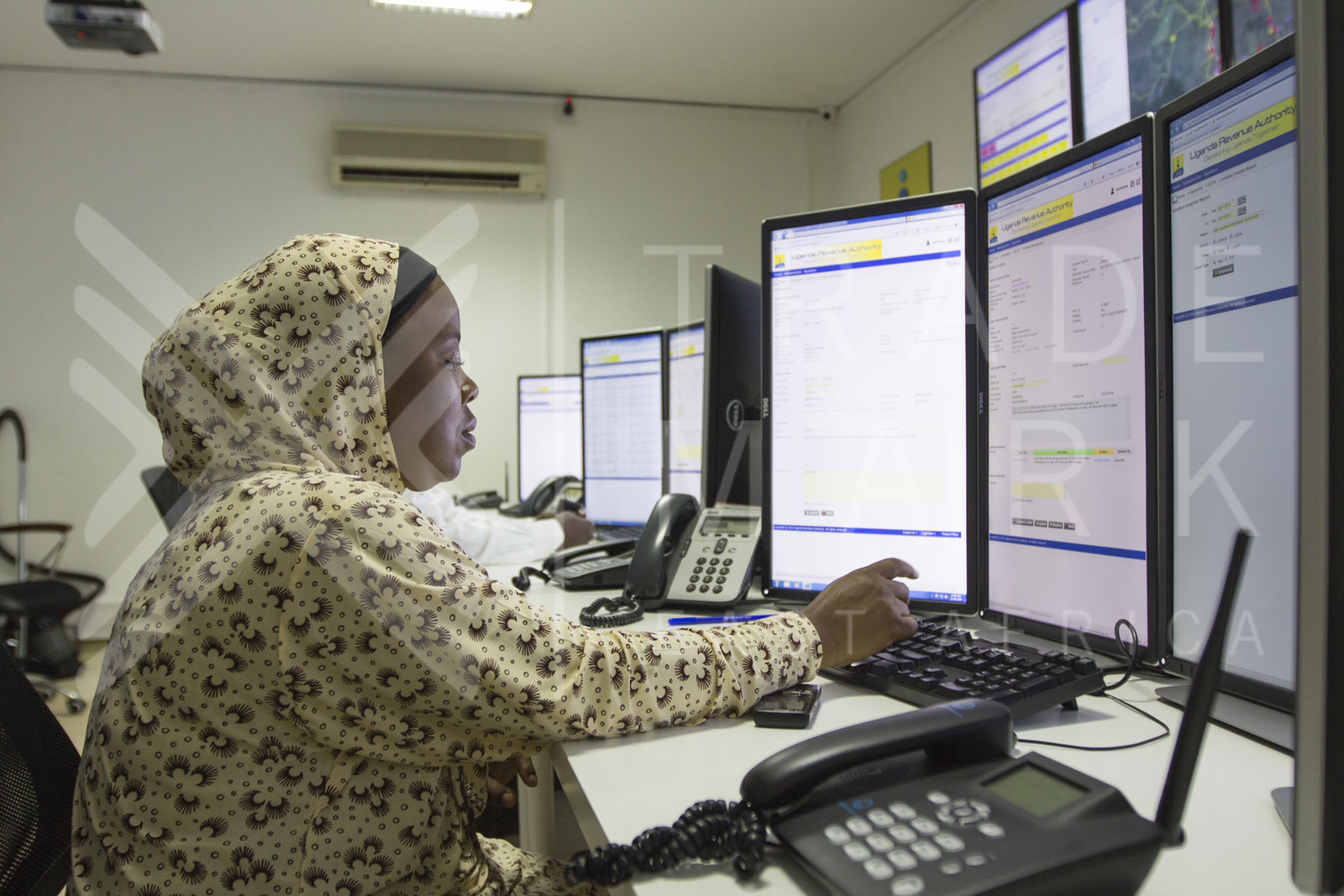[vc_row][vc_column][custom_inner_menus select_menu="project"][/vc_column][/vc_row][vc_row][vc_column][single_project_block_1 heading="Standards Quality Infrastructure (SQI) and Sanitary and Phytosanitary Measures (SPS)" implementor="East African Community (EAC) Secretariat, East African Standards Liaison Office, National Standards Bureaux (NSBs), National SPS Competent Authorities" target_group="National Standards Bureaux (NSBs) in the East African Community (EAC) and the Horn of Africa, National and Regional SPS Competent Authorities, Government Ministries and regulatory agencies, Manufacturers/Producers, Farmers, Importers, Exporters, and private sector business member organisations." project_value="USD$2.1 Million" implementation_period="2018 - 2023" download_btn_text="Download Project PDF" download_btn_link="https://www.trademarkafrica.com/download/63417/"]Standards and SPS are technical measures which can either enhance trade or become barriers to trade. The TMA SQI-SPS programme implements interventions covering Standards, Technical Regulations, and Sanitary and Phytosanitary Measures. Participating in global trade is becoming increasingly critical for the economic growth of developing countries in Africa. On one hand, this requires: Working on the supply side, enabling enterprises to produce and supply quality, safe and cost-effective goods with high-market potential in quantities and consistency demanded by the markets. On the other hand, there is need to show evidence of market conformity, establishing a national infrastructure for proof of compliance with relevant market standards, technical regulations and SPS measures. TMA is actively involved in all these aspects of technical measures affecting trade. A Quality Infrastructure is a system comprising the organizations (public and private) contributing to governmental policy objectives and practices needed to support and enhance the quality, safety and environmental soundness of goods, services, and processes. The TMA SQI programme aims to ensure that technical regulations, standards, and conformity assessment procedures applied by importing countries do not...
Standards Quality Infrastructure (SQI) and Sanitary and Phytosanitary Measures (SPS)
Posted on: May 25, 2022
Posted on: May 25, 2022



















